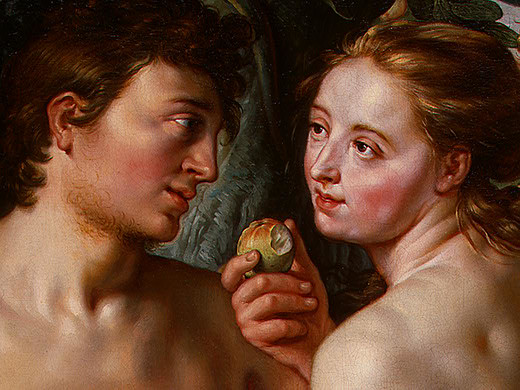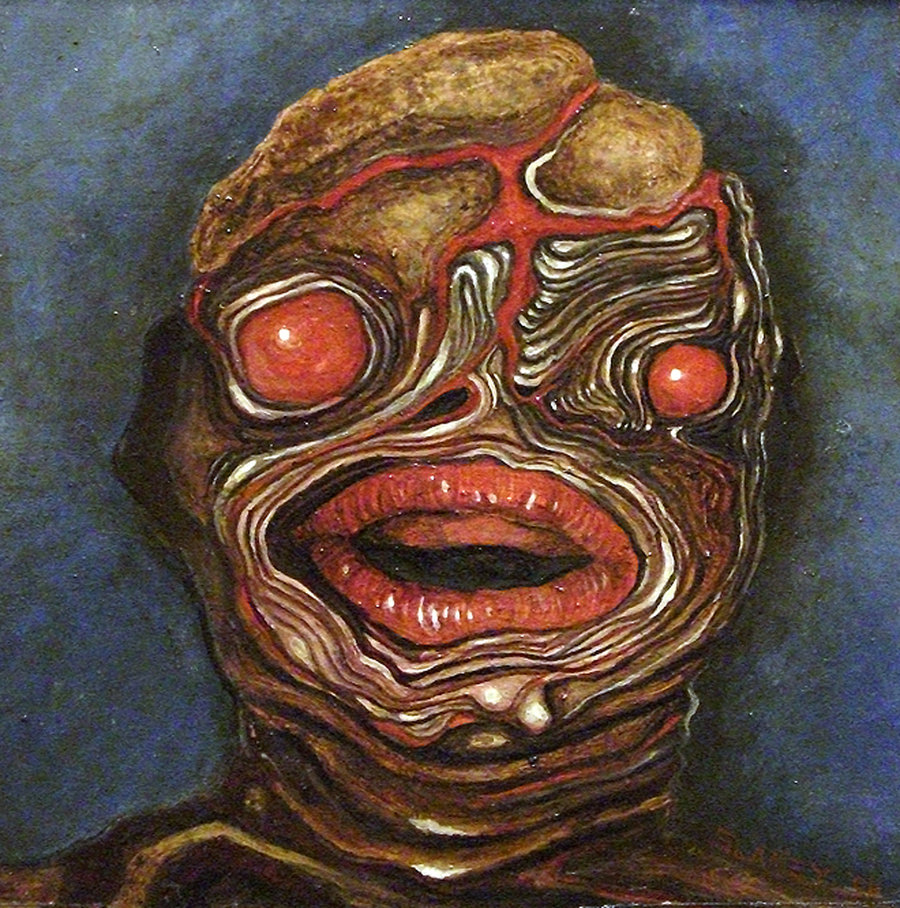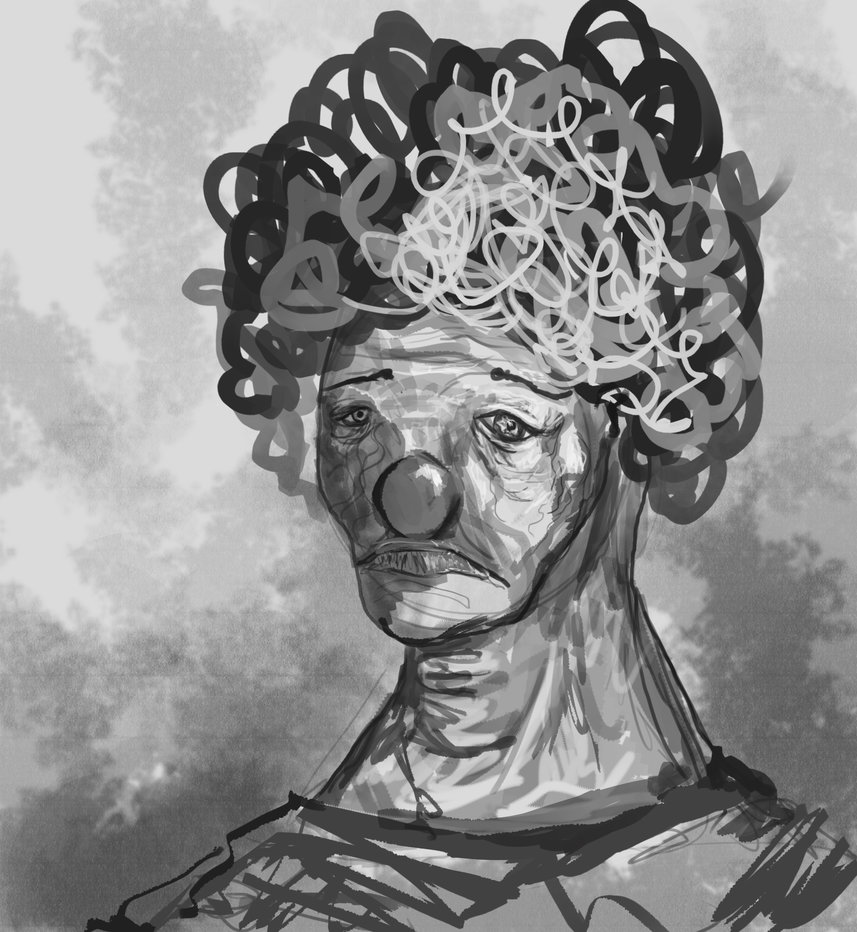In many of the classical works of literature, we find recurring themes of conflict, adventure, heroism, and one of the most moving elements of a great story—suffering. In varying degrees, human life is impacted by changes which, upon intersection with our expectations and desires, often cause a great deal of friction. We may sometimes refer to this unwelcomed friction as suffering. Nonetheless, this suffering usually adds depth to our stories, and this is especially true in literature. Two great classics, Ferdowsi’s Epic of Kings known as Shahnameh, and Inferno, from Dante Alighieri’s narrative poem known as La Divina Commedia, explore the topic of human suffering, and how they contextualize human existence. In this analysis of the two classics, we will review the sources of suffering found in the texts, and how suffering makes human existence seem inevitably tragic. We will also examine what the texts can teach us about how to deal with suffering, and the deeper understanding of the significance of human mortality that we can gain from reading these stories. The unifying theme we find in studying portions of these Shahnameh and Inferno side by side is that suffering plays a significant and universally educational part in the recorded story of human life.
Let us begin by considering the sources of suffering as found in the text of Shahnameh and Inferno. From The Epic of Kings known as Shahnameh, we learn that it is human’s fragile nature, and our powerlessness, that causes the greatest human suffering. Ultimately, even the mightiest of men cannot cheat death. We learn this lesson from three main characters in the story. The Shah, Kai Kaous, displays great obstinacy and lack of compassion. That ultimately leads him to act with betrayal toward his most valuable servant, Rustem. After fatally injuring his most formidable opponent, whom later turns out to be his son, Sohrab, Rustem implores the Shah to deliver his healing balm to save his beloved son, but his pleas were to no avail. The text tells of the Shah’s motives for ignoring Rustem’s call for help as follows:
The heart of Kai Kaous was hardened, and he remembered not the benefits he had received from Rustem… And he was afraid lest the might of Sohrab be joined to that of his father, and that together they prove mightier than he, and turn upon him. So he shut his ear unto the cry of his Pehliva (Ferdowsi 160).
Kai Kaous’ role in causing suffering, as recorded in Shahnameh, is rather obvious. In his service, Rustem never failed in furthering the Shah’s will. However, when Rustem needed him the most, the Shah’s obstinate heart did not go out to Rustem’s aid. Kai Kaous betrayed Rustem by withholding the only available resource that could have healed Sohrab, as he was more concerned with eliminating any possible threat to his power, than in helping out a life-long ally. This ultimately sealed Sohrab’s fate, and caused Rustem the greatest sorrow he would ever know.
The reader is offered a heart-wrenching description of the strong emotions felt as Sohrab’s life left his body. Rustem “heard [Sohrab’s] groans of pain… and… when he saw the agony of the boy, was beside himself, and would have made an end of his own life, but the nobles suffered it not, and stayed his hand” (Ferdowsi 159). Even amid the sight of the direct consequence of his violent behaviors, as he was overwhelmed by feelings of guilt and helplessness, Rustem could think of nothing else but to solve this problem with more violence. He had partaken in so much violence, with little regard for the value of his opponents’ lives, that he could not find in his heart any other solution but to end his own life when there was nothing else he could do to save his long-lost son. These are the signs of a man who suffered without help. What, then, can we say of Sohrab?
Sohrab’s death was the fruition of the lies and deceptions that had been festering between the powerful contenders of Rustem’s time. Years of lies and deception met their boiling point, giving birth to Sohrab’s tragic death. The tragedy of this story is that, as this boy embarked on a noble journey to connect with his father, with innocent and pious motives, he was caught in the storm of swords initiated by the evil motives of those whom surrounded his father. The tale of Rustem and Sohrab was wrought by the demonstration of the most vile and dark emotions that humans can have. Sohrab’s death was not brought on by an evil supernatural force, nor was he destined to be slain by his father to fulfill a divine plan, as some schools of thought foreign to this tale may explain, but rather, it was the effect of nothing more than human villainy at its worst. In more modern and mainstream literature, however, we find a seemingly different narrative for the causes of human suffering.
Alternatively to the narrative found in Shahnameh, Dante’s Inferno has been commonly accepted as further confirmation of the Christian notion that suffering is caused by sin. More than simply linking the suffering to an immediate cause, that is individual sinful transgressions, suffering as a whole is often chalked up to the result of the original sin set in motion by Adam in Eve in the Garden of Eden. However, when we remove dogma from the interpretation of the text, we can decipher the more secular implications of human suffering found in this classic. We are greatly aided by Dante’s methodical juxtaposition of contemporary and historical events, especially with regard to the political climate of his time, to make these inferences.
The most notable specimen of the secular context of human suffering in Inferno is Pier della Vigna. The University of Texas at Austin’s analysis of Inferno provides some useful background information on this prominent individual, whose circumstances are particularly useful in understanding the extent to which humans, blinded by their inflated sense of power, inevitably meet similarly tragic ends. Pier della Vigna, similar to Dante, played an incredibly important role in the politics of his time. He held positions of authority from the Kingdom of Naples and Sicily to the Holy Roman Empire during Frederick II’s reign (The University of Texas at Austin). In Inferno, Dante writes that Pier della Vigna speaks, “’I am the one who held both keys / to Frederick’s heart, and I could turn them / locking and unlocking, so discreetly” (Alighieri, Inferno, Canto XIII, 58-60). Yes, Pier della Vigna was a masterful courtier. It can be said that, at the height of his role as official spokesman for the imperial court of Frederick II, Pier was the symbol of power of the Holy Roman Empire. However, the power he wielded also made him the target of much envy and spite from other members of the court. The University of Texas’ analysis of this subject shares that “Medieval commentators relate that Frederick [II], believing the charges against Pier (perhaps for plotting with the pope against the emperor), had him imprisoned and blinded” (The University of Texas at Austin). Pier della Vigna, now stripped of all power and alliances, could not bear the weight of what he must have viewed as a then-meaningless life. So, he turned to what little power he did still have left, the power to take life, and used it on himself by allegedly bludgeoning his head against the prison walls (The University of Texas at Austin). In so doing, della Vigna bought himself a one-way ticket to the seventh circle of Hell, where the most violent offenders are punished eternally. Over this realm, he had absolutely no power or influence, just as was the case in the prison cell where he ended his life. Only now, he had not even the power to put an end to this severest punishment.
From this brief analysis of two classical works of literature—Ferdowsi’s Shanahmeh and Dante’s Inferno—one can grasp a deeper sense of the nature and relation of suffering to human life. Although depicted with splendorous brush strokes, the somber reality of human suffering, and how one must deal with these realities is not as embellished. The excerpts analyzed in this work provide answers to at least three deeply philosophical questions. First, what causes human existence to seem so inevitably tragic? Second, how should one deal with suffering? Lastly, what can be learned from human mortality, specifically in the context of these texts?
To describe human existence as tragic, purely on the basis of mortality, is incongruous with the order of life as we know it. We must understand that life is accompanied by death. Some lifeforms die later than others, but for as long as humans can recall, all life eventually comes to an end. What one can perhaps describe as tragic is the extent to which humans are capable of what they perceive as greatness, either in the form of physical prowess, or intellectual ability, but always with a finale. This places a dire limit and air of ephemerality to the achievement of humankind, and it is this fact that is arguably the primary reason that it has for millennia been so difficult for humans to comprehend the notion that our life force could ever possibly reach an inexorable end. We can add to this the thought that, when compared to the age of the universe, even humans who have been capable of living past one-hundred years of age, have perished as but babes. From Rustem’s impotence as his son lay dying, we learn that when death comes to take us away, there is no help. There is nothing we can do, no matter how mighty we believe we are. From most of the experiences recorded in Dante’s Inferno, we can appreciate that the power that even the most eminent of humans have held in their lives on Earth makes no difference in the afterlife, whether we understand this concept to be the utter cessation of material life, or the perpetual punishment for the natural inability to attain perfection. In the latter realm, the tormented are stripped of their titles, alliances, and weapons, to be rendered utterly and indefinitely powerless. How should humans regard this perspective of suffering?
There is no other way of dealing with suffering but to accept it, and learn the lessons it teaches us. Our powerless nature as humans greatly impairs our ability to put an end to the source of our suffering, but we do have the power to learn valuable lessons from it. Otherwise, suffering is just unending discomfort, and that is not a weighty lesson at all.
What should one learn from this understanding of human mortality? The most important realization that these texts provide us is that no amount or degree of titles, artifices, schemes, alliances, or weapons can ultimately prevail against our true common enemy, which is permanent death, and the unknown realm that exists beyond. This somber reflection is truly humbling, as we can appreciate that, if we are all fundamentally crippled by the same opponent, at the core, each human, regardless of the apparent categorization placed on them as contextualized by the basest of material senses, shares this nature equally. In other words, no man or woman is truly greater than the other, since from the moment we are born, we are all destined to die.
In reading Shahnameh and Inferno, we can find themes that very much resonate with our everyday life. Events that occur in contradiction with our wishes and desires can cause a degree of suffering, especially when it presents us with loss of that which we value most. These are experiences that the characters in the analyzed texts endured. These texts have been endowed to humanity as a comforting reminder that we are not alone in the suffering we experience from time to time. We learn that suffering is connected to our nature as humans, whether it is effectuated by us, by chance, or by a fellow human. In any case, one of the events that causes much suffering to living humans, death, is also the unifying principle of all humanity, and one that binds and levels us. The text found in Shahnameh and Inferno teach us that, at length, we are all carried to that foreign and distant land of darkness where in perpetuity we shall remain innominately dormant and immobile.
Works Cited
Alighieri, Dante. “The Princeton Dante Project (2.0).” Edited by Giorgio Petrocchi. Translated by Robert Hollander and Jean Hollander, Princeton University, The Trustees of Princeton University, http://etcweb.princeton.edu/cgi-bin/dante/campuscgi/mpb/GetCantoSection.pl.
Ferdowsi, Hakim Abu ʾl-Qasim. “The Epic of Kings.” Translated by Helen Zimmern, The Internet Classics Archive, http://classics.mit.edu/Ferdowsi/kings.mb.txt.
The University of Texas at Austin, “Dante’s Inferno – Circle 7 – Cantos 12-17.” The University of Texas at Austin, http://danteworlds.laits.utexas.edu/circle7.html#pier.


